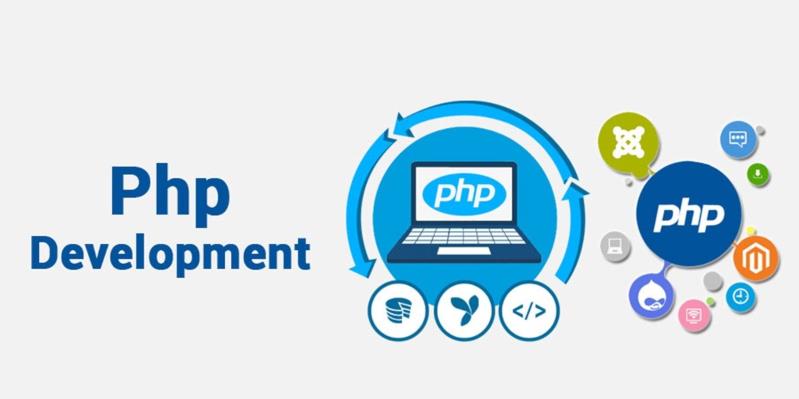Tech Versum: Explore the Future of Technology
Dive into the latest trends and innovations in technology with Tech Versum.
PHP: The Swiss Army Knife of Web Development
Unlock the versatility of PHP! Discover why this powerful language is the essential tool for every web developer.
10 Reasons Why PHP is Essential for Modern Web Development
PHP has established itself as a foundational technology for modern web development, powering over 77% of websites on the internet. Its versatility allows developers to create dynamic, data-driven applications with ease. One of the key reasons for its continued relevance is its ability to integrate seamlessly with various databases, particularly MySQL. This integration allows for efficient data management and retrieval, making it a preferred choice for many developers. Moreover, PHP supports a wide array of frameworks like Laravel and Symfony, which enable rapid application development and promote best practices in coding.
Another compelling reason to embrace PHP in modern web development is its strong community support and extensive documentation. This wealth of resources ensures that developers can quickly find solutions to challenges they encounter, fostering a collaborative environment that accelerates learning and innovation. Additionally, PHP is continually evolving, with regular updates that enhance its functionality and security. As a server-side language, it also allows for improved page loading speeds, contributing to better user experience—an essential factor for maintaining user engagement and improving SEO rankings.

How PHP Powers Dynamic Websites: A Comprehensive Guide
PHP, which stands for Hypertext Preprocessor, is a powerful server-side scripting language that is extensively used to develop dynamic websites. Unlike static HTML pages, which remain unchanged regardless of user interaction, dynamic websites are capable of presenting different content to different users based on their requests. This is achieved through the seamless execution of PHP code on the server, allowing developers to interact with databases and generate content on-the-fly. With PHP, developers can create personalized user experiences, manage sessions, and handle form submissions, making it an essential tool for building modern web applications.
One of the notable features of PHP is its ability to facilitate robust database interactions, particularly with widely used systems like MySQL. By utilizing PHP's built-in functions and libraries, developers can retrieve, insert, and modify data stored in databases easily. This allows for dynamic content generation, such as displaying user profiles or product listings based on user interactions. In addition, PHP supports various frameworks, such as Laravel and Symfony, which further enhance development efficiency and security, enabling developers to focus more on creating engaging and interactive user interfaces while benefiting from a solid backend infrastructure.
Is PHP Still Relevant in 2023? Exploring Its Role in Web Development
As we navigate through 2023, the question arises: Is PHP still relevant in the ever-evolving landscape of web development? Despite the rise of newer programming languages and frameworks, PHP continues to hold significant ground. According to recent statistics, PHP powers over 77% of websites whose server-side language is known, including major platforms such as WordPress and Facebook. Its simplicity and effectiveness make it a go-to choice for many developers, particularly for content management systems and e-commerce sites.
Furthermore, PHP has undergone considerable upgrades since its inception. The release of PHP 8 introduced features like the JIT (Just in Time) compiler, which greatly enhances performance, and new syntax updates that improve code readability and safety. These advancements not only reinforce PHP's relevance but also cater to the growing demands for efficient and high-performance web applications. As such, web developers continue to rely on PHP for both small projects and large applications, solidifying its role as a pivotal player in modern web development.